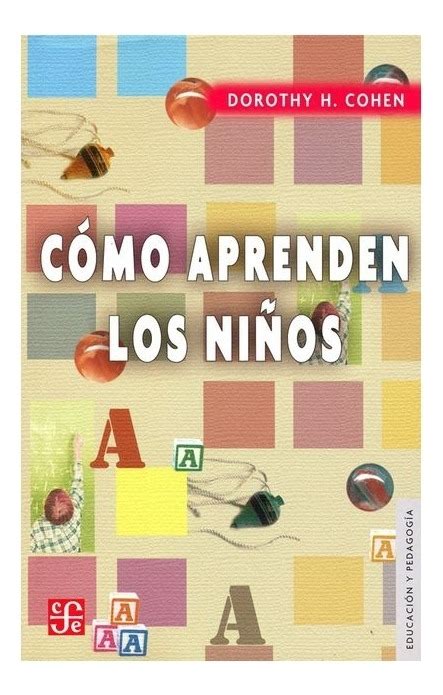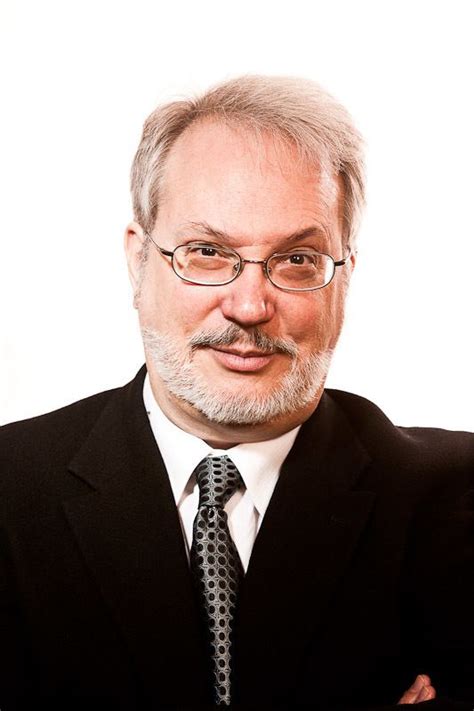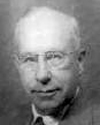A Quote by Jean Piaget
The relations between parents and children are certainly not only those of constraint. There is spontaneous mutual affection, which from the first prompts the child to acts of generosity and even of self-sacrifice, to very touching demonstrations which are in no way prescribed. And here no doubt is the starting point for that morality of good which we shall see developing alongside of the morality of right or duty, and which in some persons completely replaces it.
Quote Topics
Acts
Affection
Alongside
Between
Certainly
Child
Children
Constraint
Demonstrations
Developing
Doubt
Duty
Even
First
Generosity
Good
Morality
Mutual
No Doubt
Only
Parents
Persons
Point
Prompts
Relations
Right
Sacrifice
See
Self
Self-Sacrifice
Shall
Some
Spontaneous
Starting
Starting Point
Those
Touching
Very
Way
Which
Related Quotes
The hypothesis I wish to advance is thatthe language of morality is ingrave disorder.... What we possess, if this is true, are the fragments of a conceptual scheme, parts of which now lack those contexts from which their significance derived. We possess indeed simulacra of morality, we continue to use many of the key expressions. But we have--very largely if not entirely--lost our comprehension, both theoretical and practical, of morality.
I am not fully informed of the practices at Harvard, but there is one from which we shall certainly vary, although it has been copied, I believe, by nearly every college and academy in the United States. That is, the holding the students all to one prescribed course of reading, and disallowing exclusive application to those branches only which are to qualify them for the particular vocations to which they are destined. We shall, on the contrary, allow them uncontrolled choice in the lectures they shall choose to attend, and require elementary qualification only, and sufficient age.
In today's world parents find themselves at the mercy of a society which imposes pressures and priorities that allow neither timenor place for meaningful activities and relations between children and adults, which downgrade the role of parents and the functions of parenthood, and which prevent the parent from doing things he wants to do as a guide, friend, and companion to his children.
Nevertheless, no school can work well for children if parents and teachers do not act in partnership on behalf of the children's best interests. Parents have every right to understand what is happening to their children at school, and teachers have the responsibility to share that information without prejudicial judgment.... Such communication, which can only be in a child's interest, is not possible without mutual trust between parent and teacher.
To some it may seem old-fashioned to speak of virtue and chastity, honesty, morality, faith, character, but these are the qualities which have built great men and women and point the way by which one may find happiness in the living of today and eternal joy in the world to come. These are the qualities which are the anchors to our lives, in spite of the trials, the tragedies, the pestilences, and the cruelties of war which bring in their wake appalling destruction, hunger, and bloodshed
The whole meaning of morality is a rule that we ought to obey whether we like it or not. If so, then the idea of creating a morality we like better is incoherent. Moreover, it would seem that until we had created our new morality, we would have no standard by which to criticize God. Since we have not yet created one, the standard by which we judge Him must be the very standard that He gave us. If it is good enough to judge Him by, then why do we need a new one?
It is (our) duty . . . to pay especial attention to the principles of government which shall be inculcated therein (at the University), and to provide that none shall be inculcated which are incompatible with those on which the Constitutions of this State, and of the United States were genuinely based, in the common opinion; and for this purpose it may be necessary to point out specially where these principles are to be found legitimately developed.
America treasures the relationship we have with our many Muslim friends, and we respect the vibrant faith of Islam which inspires countless individuals to lead lives of honesty, integrity, and morality. This year, may Eid also be a time in which we recognize the values of progress, pluralism, and acceptance that bind us together as a Nation and a global community. By working together to advance mutual understanding, we point the way to a brighter future for all.





































